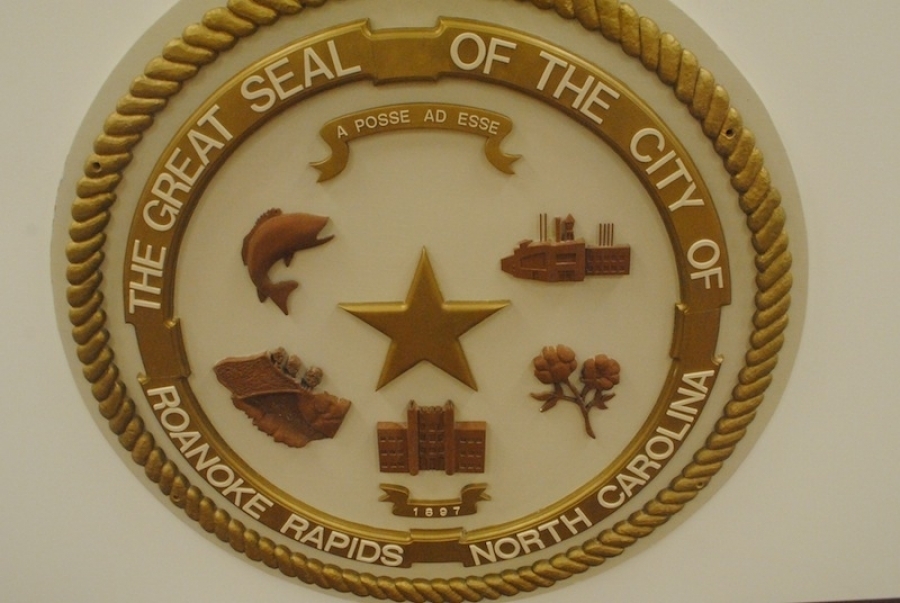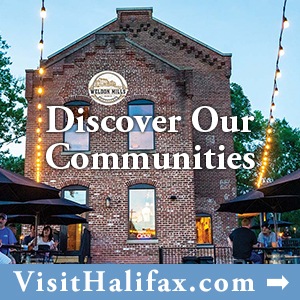Members of the Roanoke Rapids Planning Board see potential in draft legislation that could pave the way for gambling casinos located within entertainment districts in Tier 1 counties such as Halifax.
With the potential for a better economic future in mind, the panel gave the Roanoke Rapids City Council a recommendation to approve a land use ordinance amendment to permit casinos in the Carolina Crossroads Music and Entertainment District.
The current draft legislation to allow casinos in Tier 1 counties probably has more due diligence and more detail than any draft legislation Roanoke Rapids attorney Bill White said he has ever seen in 49 years of practicing law, he told the joint meeting of the city’s planning board and council Tuesday night.
Sherry Mills, chair of the planning board, said the requirements currently contained in the draft legislation — proximity to an interstate in the eastern part of the state — makes Halifax County situated “to do really well with this type of facility. I think it could bring a lot of revenue and so forth.”
In reading about people who are traveling to Danville, Virginia, where a casino under a tent is currently operating, Mills said, “They’re spending the night. All the income and jobs that are created, it’s a very impressive package as to what this possibility could bring.”
In regards to taxes, White said, answering a question from one of the planning board members, “I think the effect on the residents of the county and all the municipalities would be a positive impact because you would not be as caught, hamstrung with the only guaranteed tax revenue being in your ad valorem tax base.”
He said whether it would mean a reduction in taxes would be a question for the politicians. “I would say they would be hard pressed to make a tax increase if this additional operation creates the money that is being created.”
White said when the theater was initially conceived it was being done through Amendment 1 money through the city. “What we’re asking today is not costing the city one nickel. This is going to be done by outside business investors that are going to commit $25 million to apply. If that doesn’t cut away the fly by nights and whatever else, I don’t know what else does.”
White said committing to over a five to 10-year period to invest $500 million as a minimum in the district is a requirement in the draft legislation. “What would $500 million do to your tax base? Plus the sales tax and we’ve got … cars that go up and down I-95 on a daily basis. How much easier is it going to be to pull off at 171 or 173 than it is to get to downtown Portsmouth, Virginia?”
White said the Carida Capital Group is not asking the city to sign up on anything. “For my client to be able to play ball in this arena, it’s got to be a permitted use. If it’s not permitted, we’re not in the game. Like the old man says, ‘If you want to win the lottery, you’ve got to first buy the ticket.’”
Mills said should a casino be located in the Carolina Crossroads Music and Entertainment District, it becomes a catalyst for other businesses to come to the area. “We’re going to have that influx of people. You’re going to have more lodging needs, you’re going to have more dining needs, you’re going to have more pull in through tourism. It really could be a catalyst, a springboard.”
Planning board member Gregory Browning talked about the decline of the textile mills in the city. “When we transitioned from a textile mill community, it was a traumatic experience to this area. The city looked for ways to diversify. If we’re not putting ourselves in a position where we could at least be considered for this type of prosperity, then we’re not buying a ticket to the lottery. It’s not costing the city or its taxpayers at this juncture any tax money. It’s a win-win when I look at it.”
Browning said the city has the venue as well as the transportation numbers and infrastructure. “We could be considered as we transition to diversifying where we are. We’re not going back to textiles. That’s gone. We need to look at diversifying what we’re going to do in the future because right now, most of you looked at the Census, we’re losing population. The seniors who graduated from high school a few months ago, the majority of them will be leaving this area and they won’t be coming back until their retirement age.”








